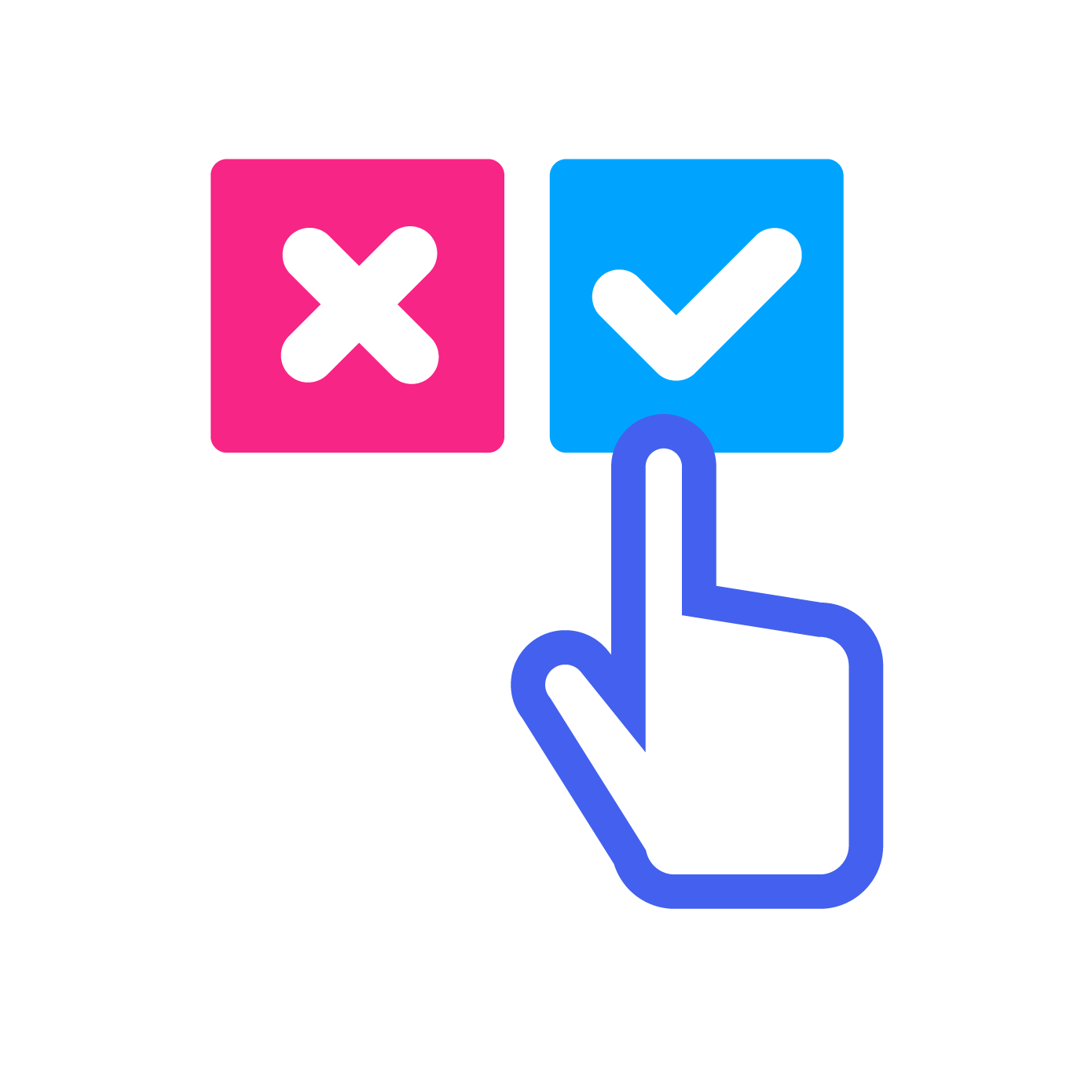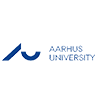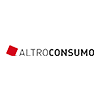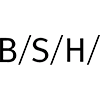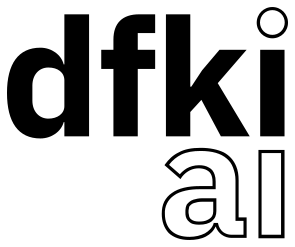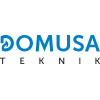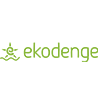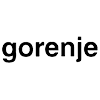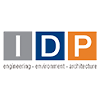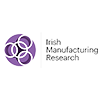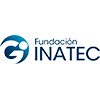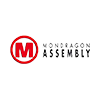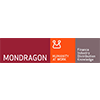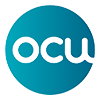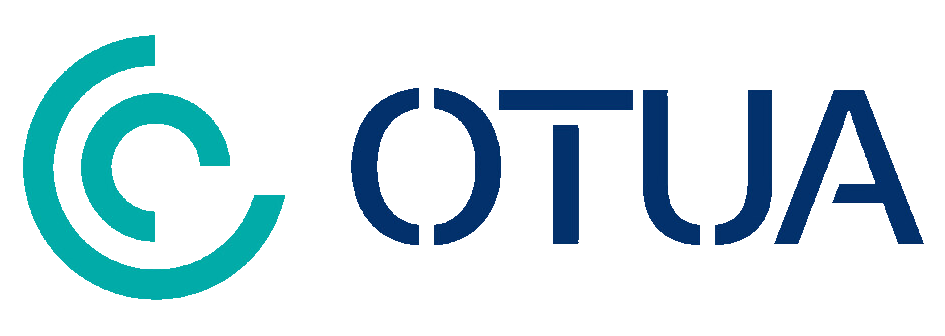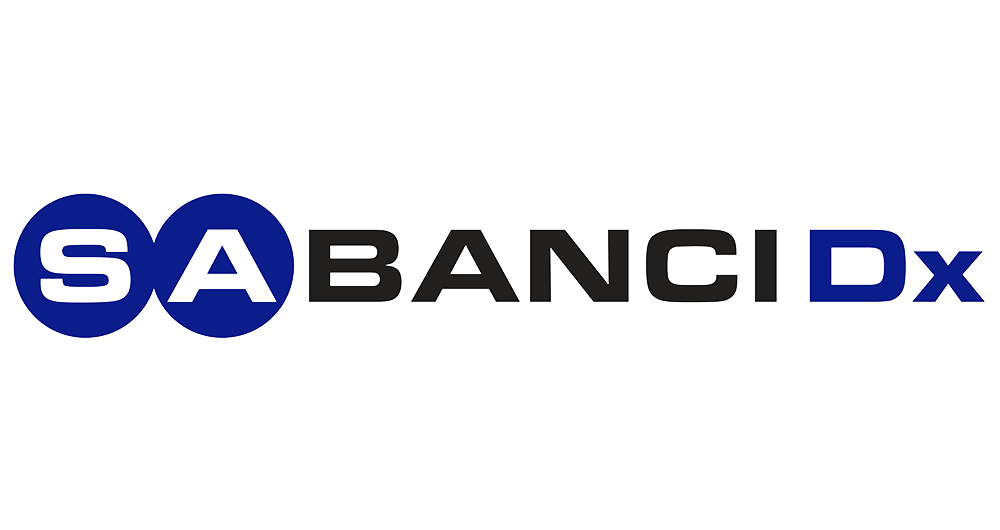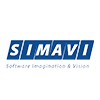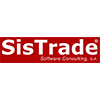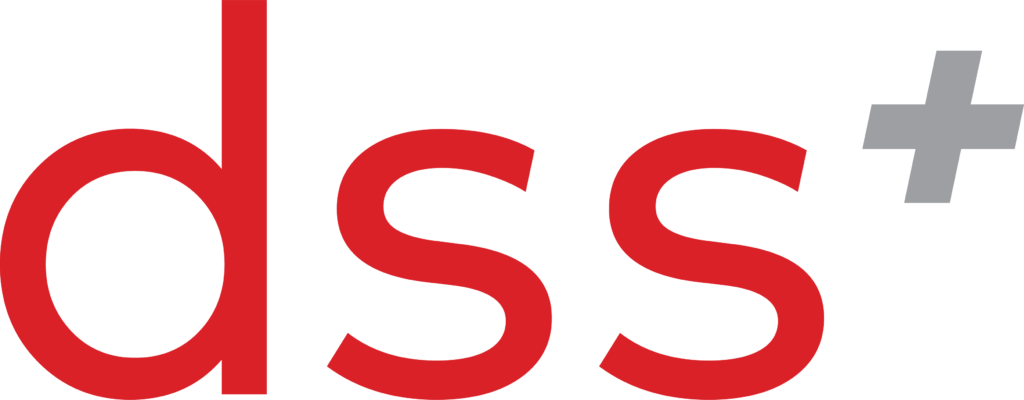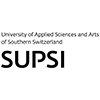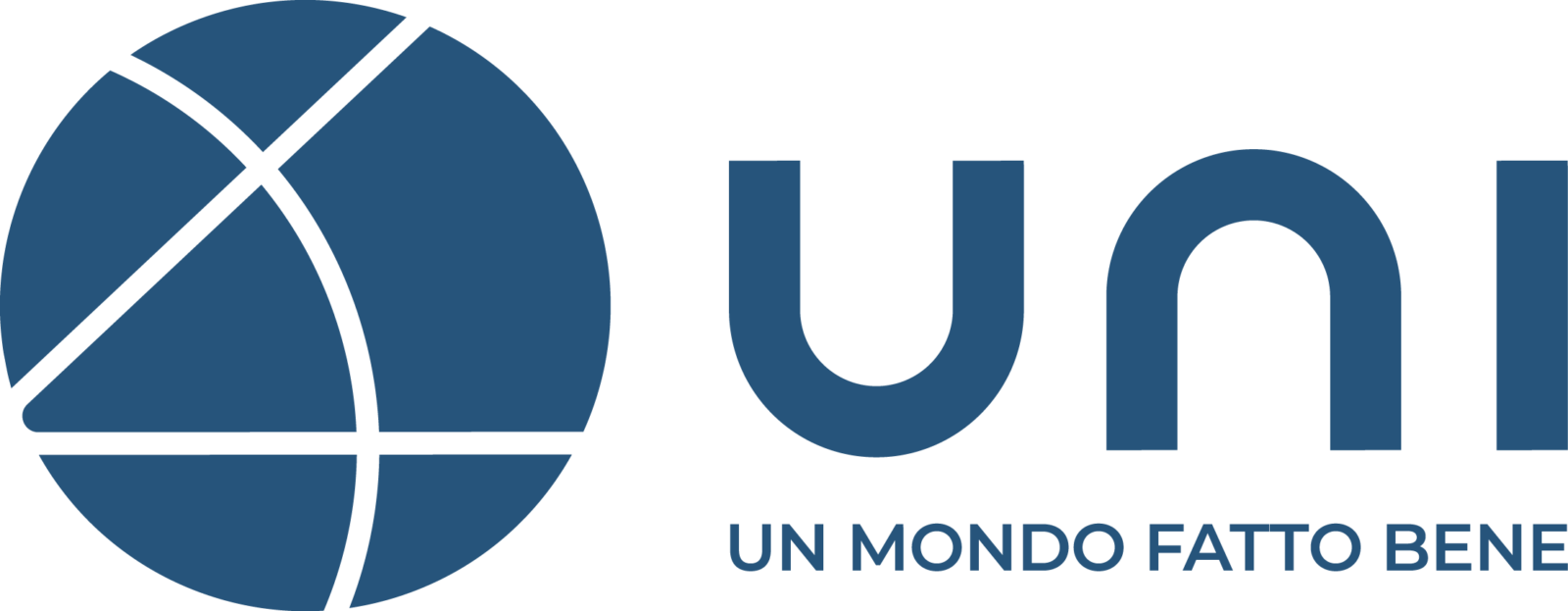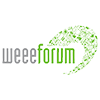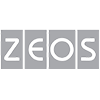Join to the Conference
Digital Circular Economy Solutions Conference Unlocking Product information exchange ecosystems using Digital Product Passports
8th May 2025 COMET Meetings – Louise, Brussels, Belgium
HOW WELL DO YOU KNOW YOUR APPLIANCES?
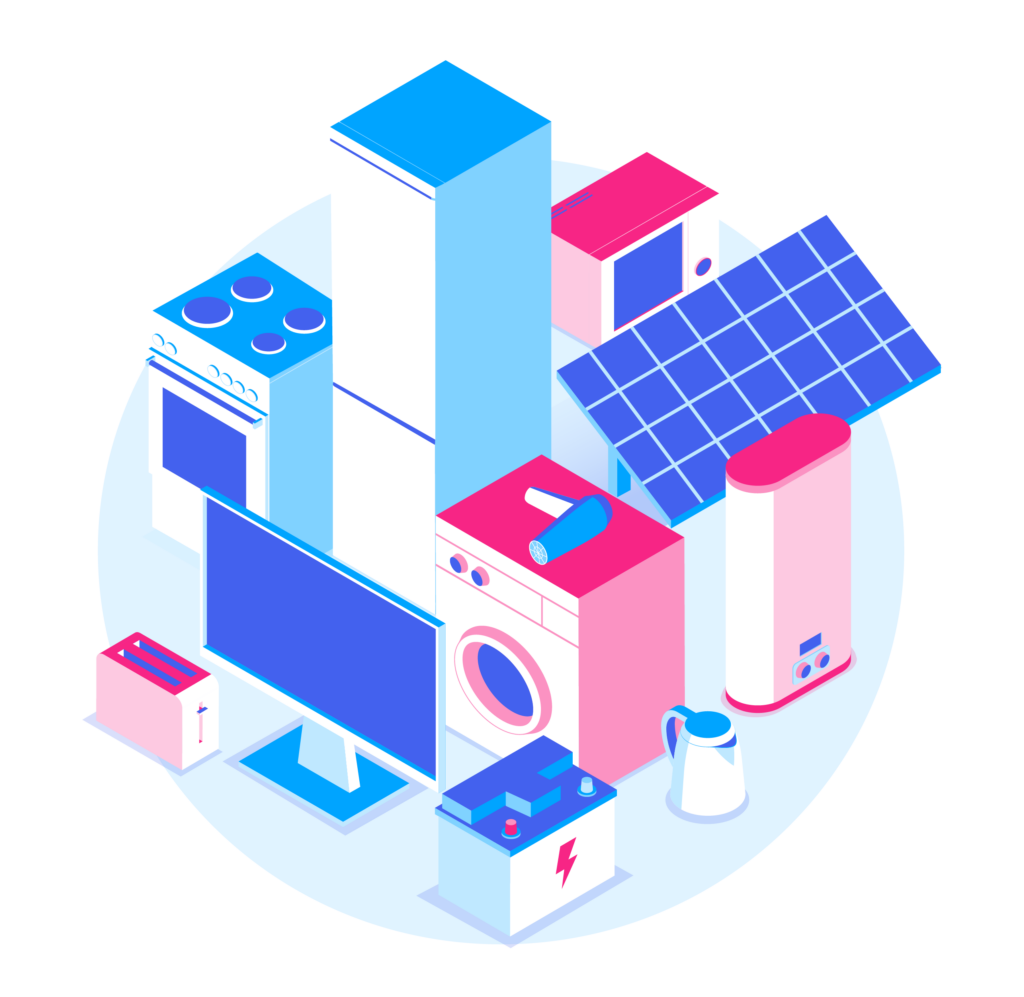
When you buy an appliance or anything with a wire, do you know who made it? Do you know how long your boiler will last? If your solar panel can be repaired? Or if the parts of your washing machine can be recycled or reused?
Have you asked yourself if having this information is useful? It is!
And it can help those who manufacture, sell, repair and recycle to improve their appliances. So that we can stop making and using things that break in no-time, that are difficult to disassemble and repair, or impossible to recycle.
We want to give you the information you need for appliances to stay in the economic loop longer
We need to rethink how we design, make and use things in our day-to-day life.
Access to critical information about each individual appliance can help this process. By doing so, we can help shift towards a circular economy and have a real impact in reducing waste, to become environmentally sustainable and carbon-neutral by 2050.
There is only one planet Earth
- Global consumption of materials is expected to double by 2060
- Annual waste generation is projected to increase by 70% by 2050
- Only 38% of waste in the EU is recycled
- Over 60% of household waste still goes to landfill in some EU countries
CircThread wants to help appliances become truly sustainable
We need to stop throwing away appliances that can be fixed.
To achieve this, we want to swiftly increase appliance lifespan, repairability and reuse. And we want products to be properly recycled when they are no longer repairable. We are working on this challenge with more than 30 organisations, thanks to grant funding from the European Union under the H2020 programme.
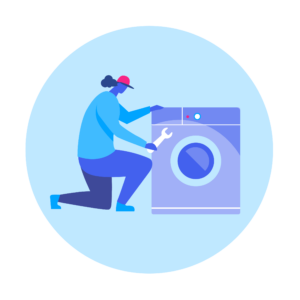
Recycle
.
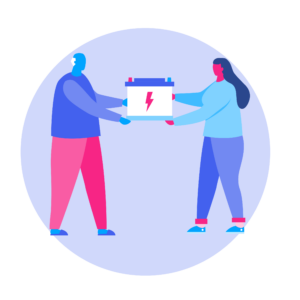
Reuse
.
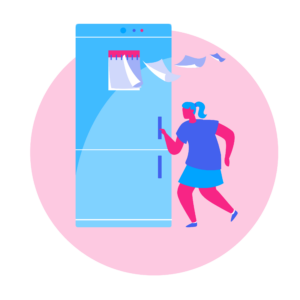
Extended Lifespan
.
(tested in Slovenia, Spain and Italy)
To solve this challenge, we are working on creating a Circular Digital Thread of information or CircThread
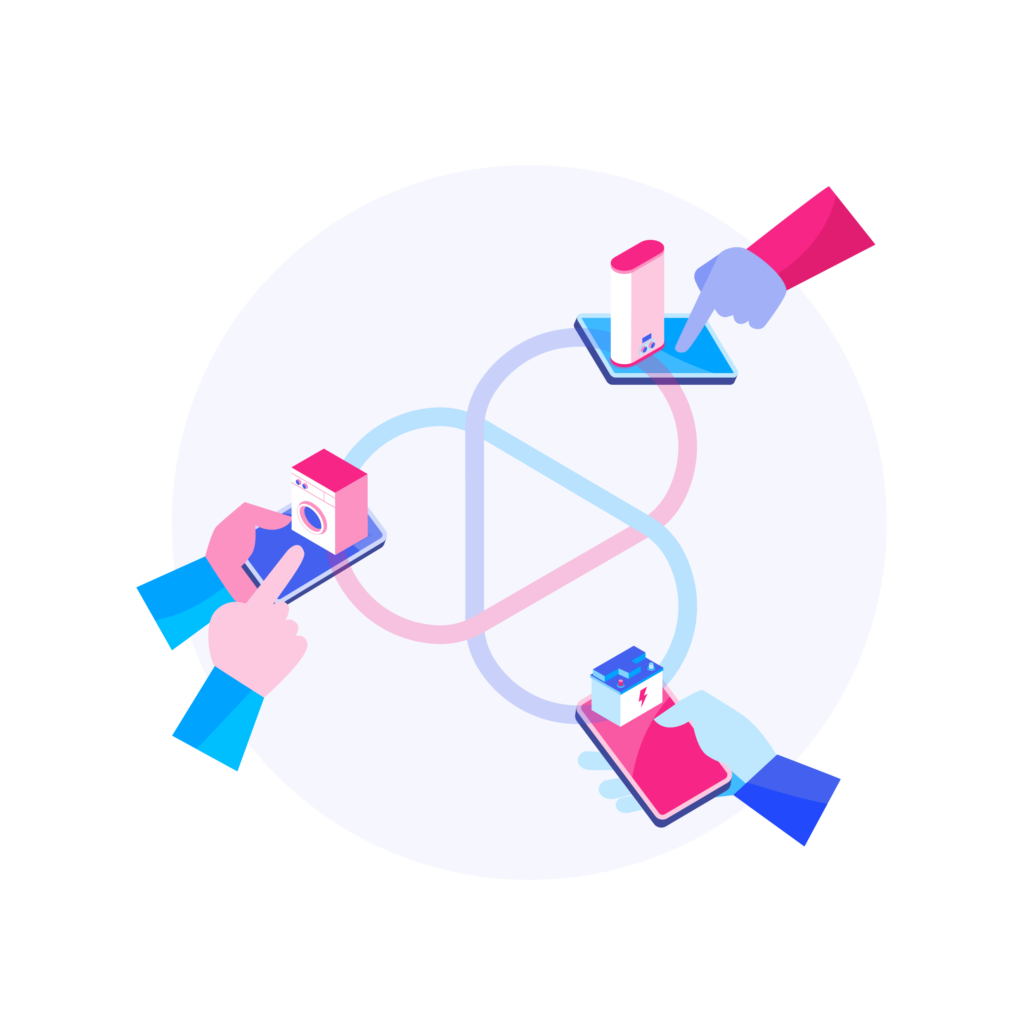
The objective is to interconnect the information along the life of a product, from concept to retirement, so that it can be easily accessed and shared. This will allow you and others to make decisions at all stages to shift to a circular economy.
To make this information available, we will develop, test, and share our open-source software platform within the next four years. It will enable digital exchanges of data across the extended product life cycle.
For example: a list of parts in the product, the materials and chemicals they contain, the product’s reuse history, and repair logs. This data will be linked to software services to provide decision recommendations.
The platform will become available in the cloud in 2025, equipped with services for collaboration, trust and security. We will test it before launch in three pilots, in Slovenia, Spain and Italy. Testing will be done together with manufacturers, repairers, retailers, collectors, recyclers and many others.
Our partners believe that information can be a powerful decision-making tool
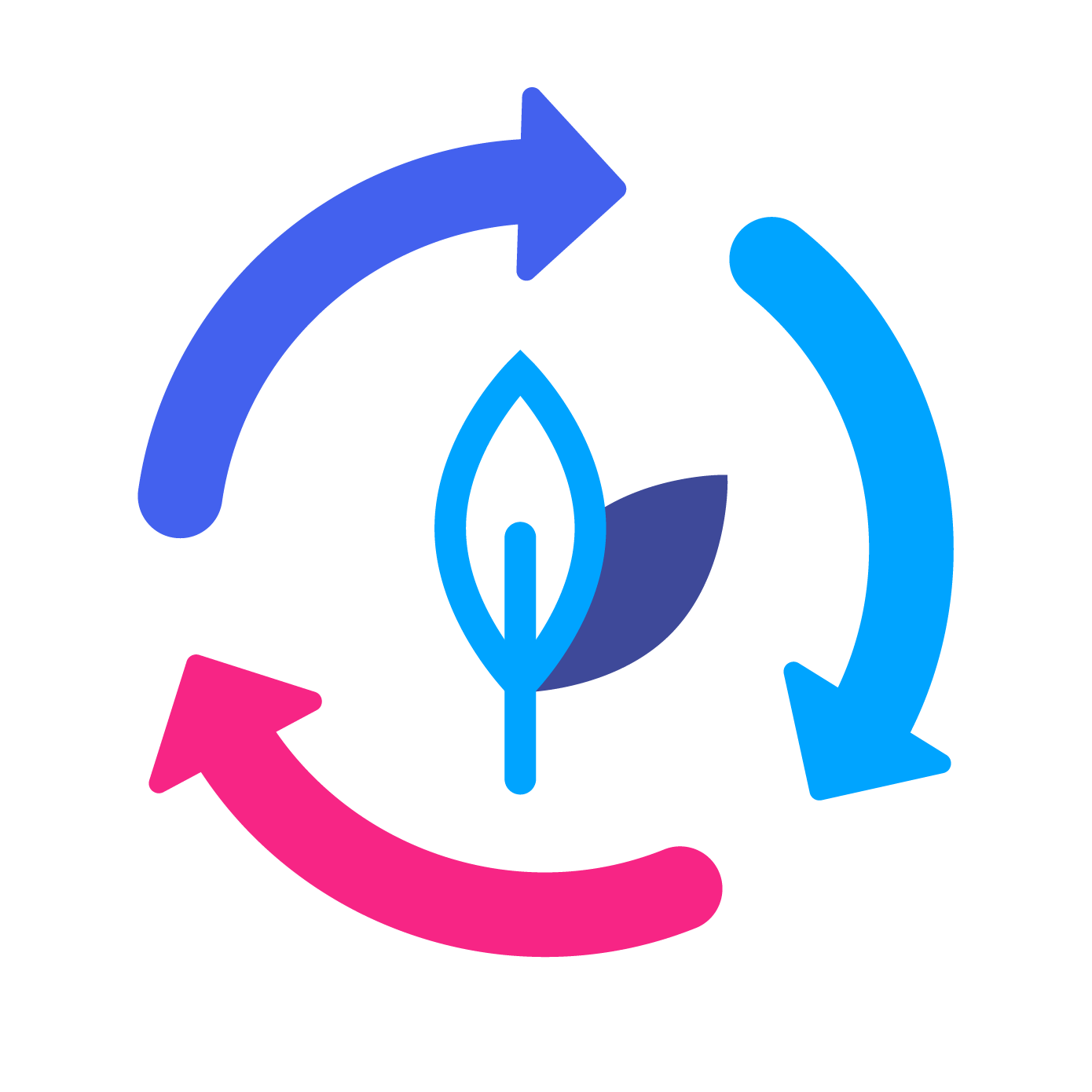
Circularity Benefits
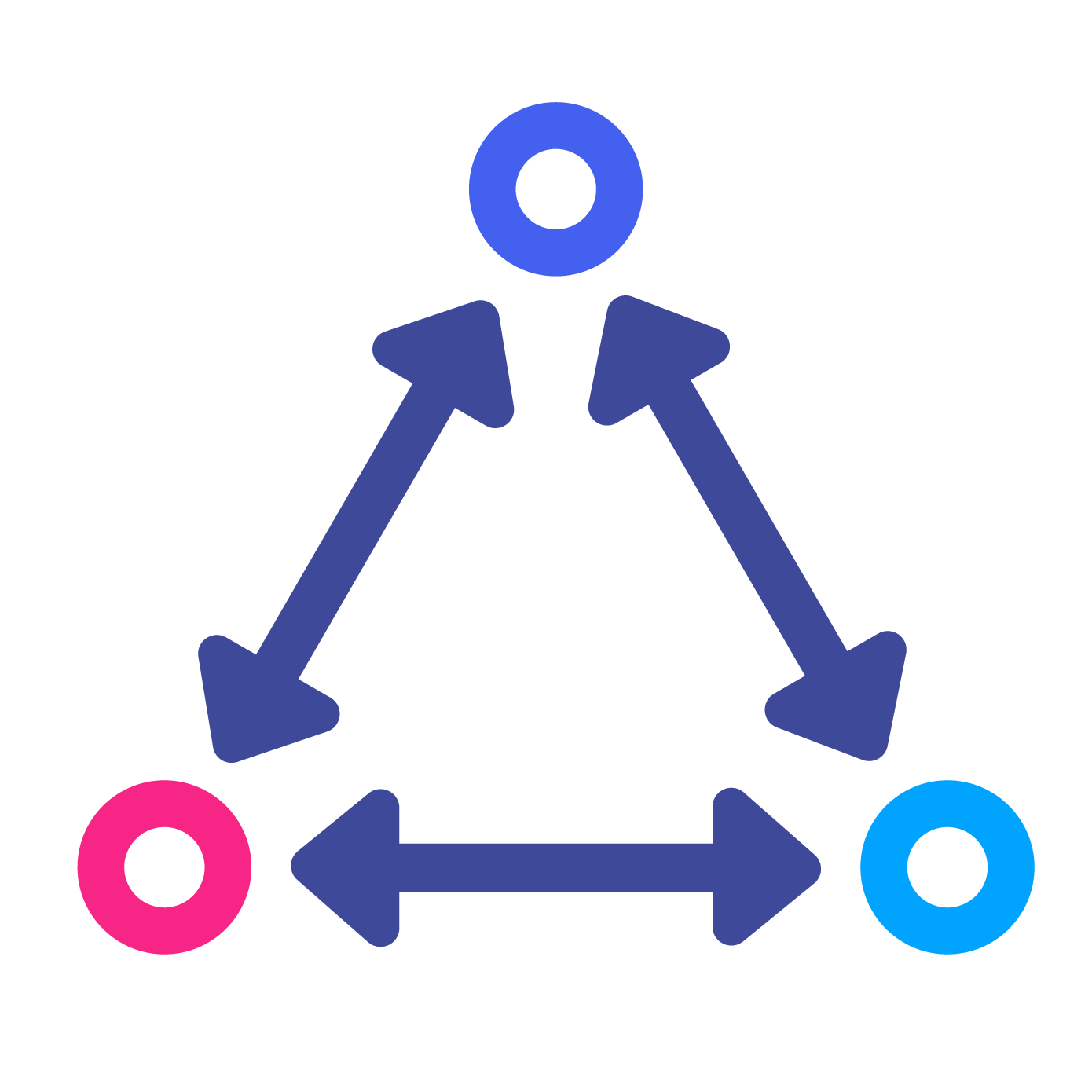
News & Events
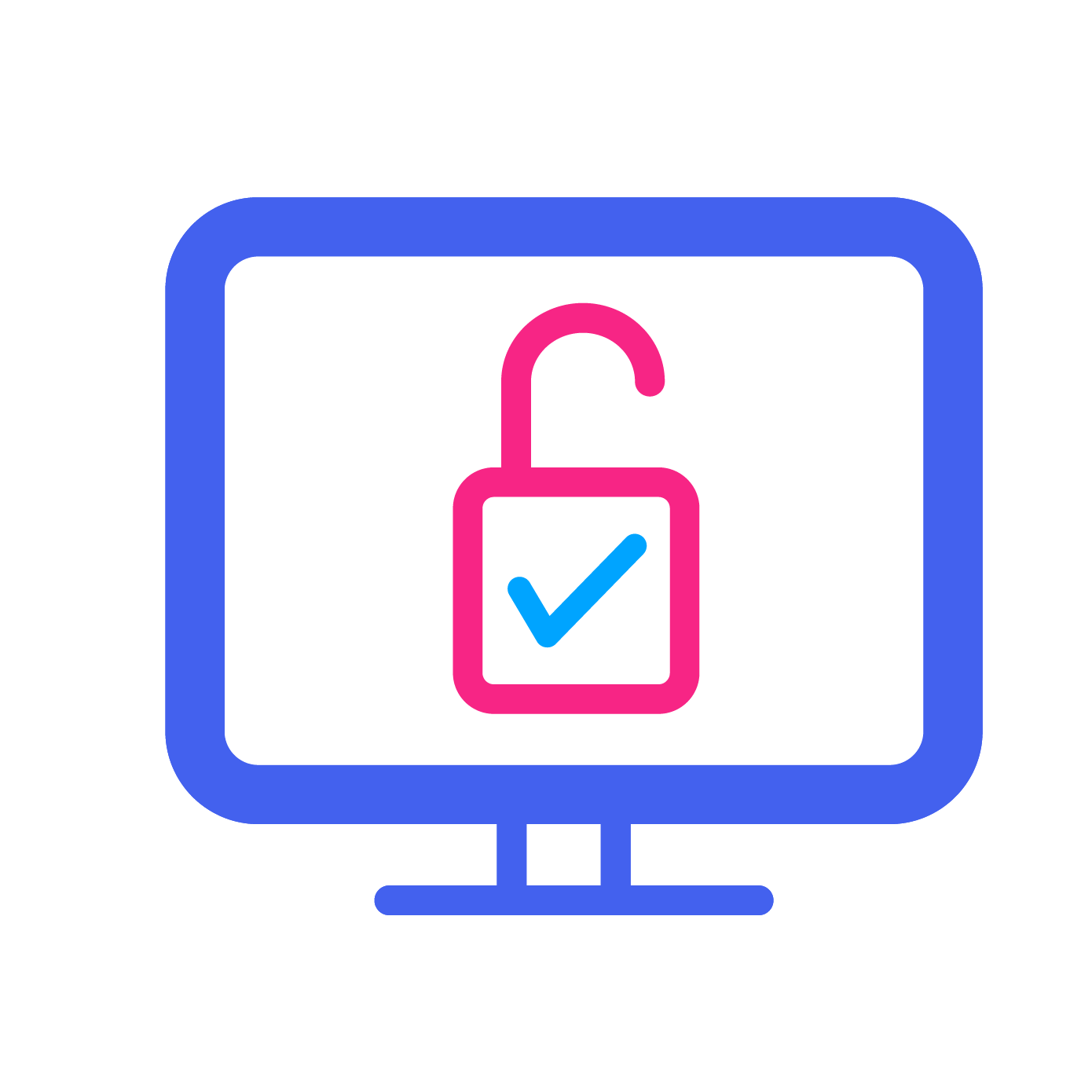
Publication & Results
